
We are happy to announce another group of artists to join FUTURES this year. The Swiss artists were nominated by Centre de la photographie Genève, they are: Laurence Rasti and Tim Rod.
They will join the platform’s activities to present their work to international professionals and to network, among other opportunities that will be developed for them, including exhibitions, publishing opportunities, portfolio reviews, and more.
Laurence Rasti and Tim Rod have been selected by Centre de la photographie Genève (CPG) for their ongoing research-based long-term projects. While their approaches and the issues they address differ significantly, both artists are actively pushing the boundaries of the photographic image, challenging and reappropriating its capacities to represent and document, in order to tackle complex social and personal issues. With their nomination to FUTURES in 2024, CPG aims to bring an increased visibility to their work at the international level, and hopes that new opportunities to develop and circulate their work will arise from their integration in the platform.
Discover more about them:


Laurence Rasti is presenting her two most recent projects. Unlawful Presences addresses the significant part of the population of Geneva, Switzerland, who lives without legal immigration status. While two thirds of the population of this wealthy area of the world are of immigrant origin, and while the diversity of this city of often celebrated by its inhabitants and politicians alike, the realities of its residents without status remain harsh. Housing, safe working conditions, or access to healthcare, education or justice are not guaranteed and sometimes entirely out of reach, and they are at constant risk of being arrested, imprisoned and expelled from the country. Their portraits by Laurence Rasti are walking a fine line between individual portraiture and the preservation of anonymity for their own safety. Her photographs bring visibility and representation to a part of the population who must remain almost invisible to live in Swiss society. She further contextualises their presence within Geneva by photographing them in well-known public areas and accompanying their portraits with images of demonstrations or administrative buildings related to law enforcement. The photographs were exhibited in 2021 in the streets of Geneva, and a second phase of the project involves an app giving access to the stories of the participants, and providing information on housing, nutrition and other resources for migrants.
Her second project, A Wall as Horizon, addresses the significant over-representation of vulnerable individuals in the Swiss carceral system. Having gained a rare access to the jail La Promenade in La Chaux-de-Fonds, Switzerland, Laurence Rasti is working in collaborative and participatory ways with the detainees. She photographs them and equips them with pinhole cameras so that they can create their own representations of their daily life. With this project, she aims to empower them as authors and experts on their own situation. Furthermore, she seeks to foster critical reflections on the Swiss prison system and its possible shortcomings. Through exchanges with detainees, scholars and theorists, she intends to critically examine the reasons behind the over-representation of disadvantaged individuals, often with a migratory background, in Swiss jails, which can appear to be a wilfull punishment of the poor.

Tim Rod is presenting his two most important recent projects, both of which are ongoing. Don’t forget the Knifish is an intimate narrative about his complicated and fragmented relationship with his father. When he was twelve, he learned about the existence of his biological father, triggering strong emotions and deeply challenging his identity and sense of self. Fourteen years later, at age twenty-six, he was able to meet his father for the first time, in Israel. He harnessed photography equally as a means of protection and a way to mediate his emotional responses, and as a tool to make sense of this experience and craft a narrative reclaiming and reconstructing his memory and his own history. Working with different types of photographs–personal archives, portraits and street views, as well as staged, collaged or generated images–Tim Rod attempts to find coherence and meaning from a divided personal reality and a family history that relies as much on his imagination as on personal recollections from his family members. The gaps and the forged connections between different realities are highlighted in images that bring together the Jaffa oranges of his father’s home city and the firs and snowy mountains of Switzerland, or confront the faces of the father and the son. They translate the timidity, apprehensions and hesitations, but also the tenderness between a parent and a child who are getting to know each other in an emotionally fraught context.
The second project, Urgent Paradise, is a visual research on the symbolic and cultural meaning of the palm tree in the Western collective imagination, in particular around tourism and escapism, made in collaboration with computational biologist Lucien Hinderling. For this project as well, Tim Rod combines different types of images, from analogue black and white photographs and street views taken during his own trips, to digitally manipulated and AI-generated images. The generated images, where trunkless palm trees are often seen floating in the sky or hovering over cityscapes, offer a dreamy but incisive metaphor of how the palm tree has become a ubiquitous symbol of the tropics and a promise of leisurely existence. In our imagination, it is indeed no longer tethered to the often harsher realities of the territories it grows in. In exhibitions, Urgent Paradise, is often staged as site-specific installations where the simplest elements (red and yellow light, the outline of a trunkless palm tree) are used to bathe the visitors in an artificial tropical sunset.

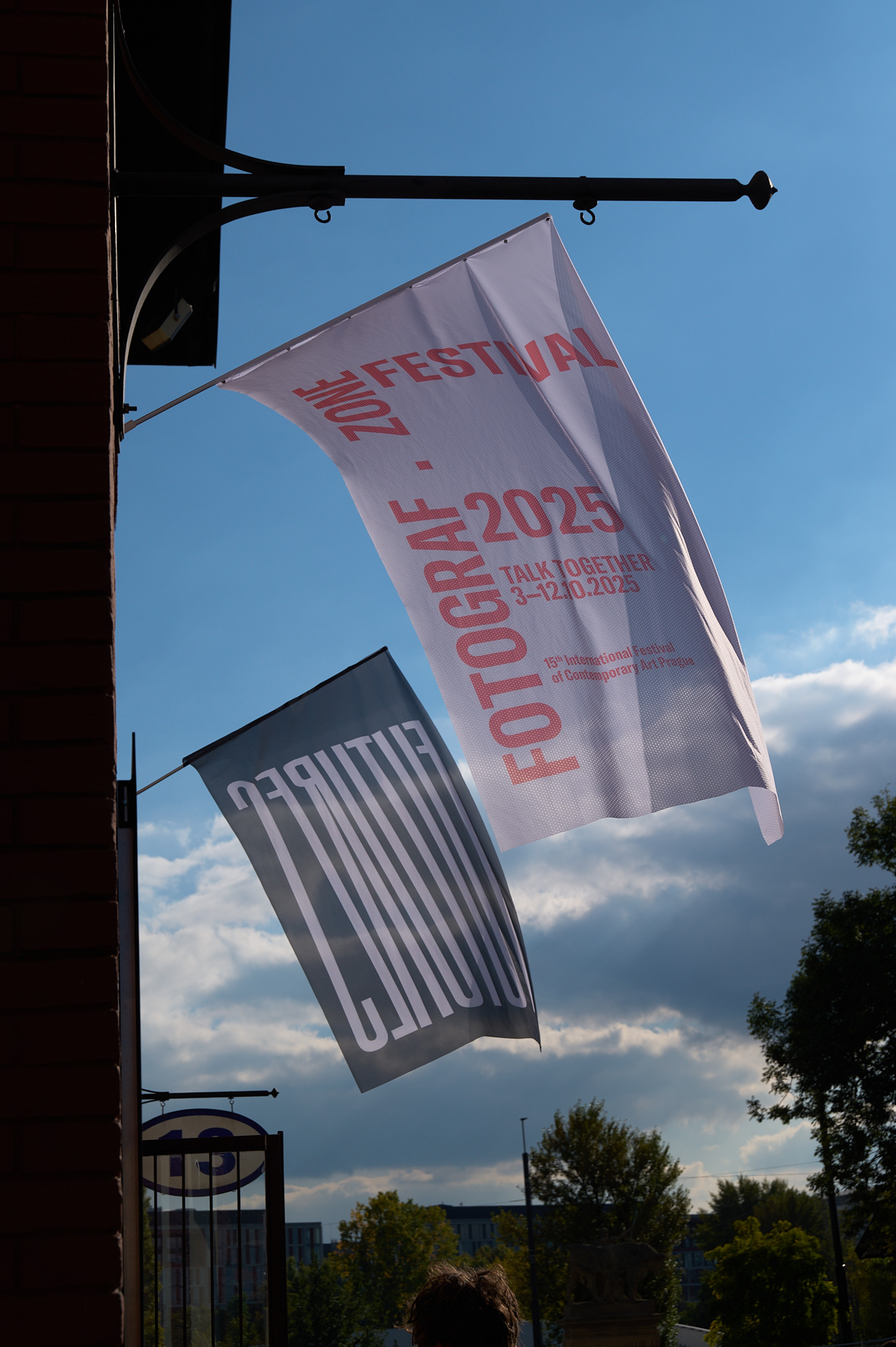

.jpg)
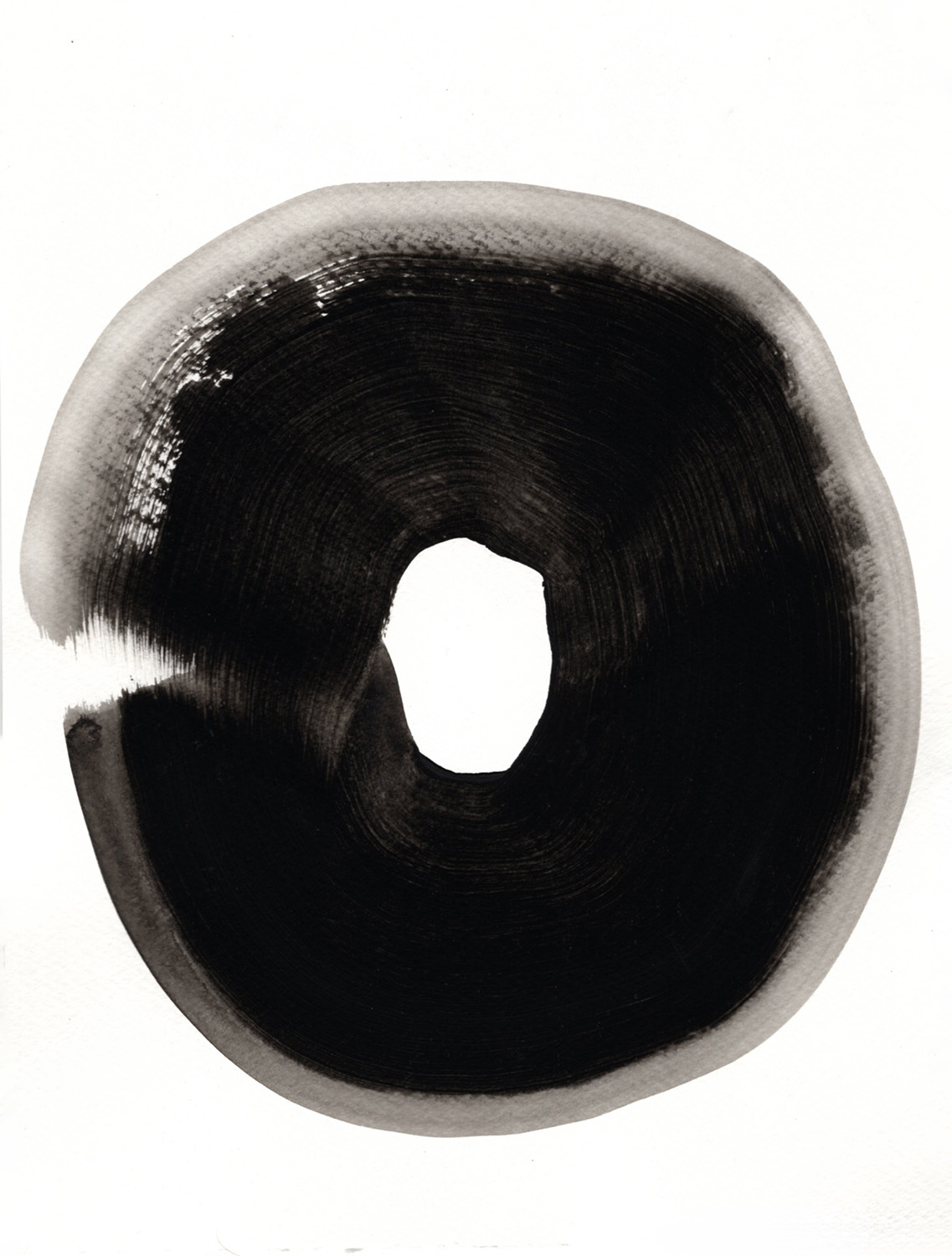
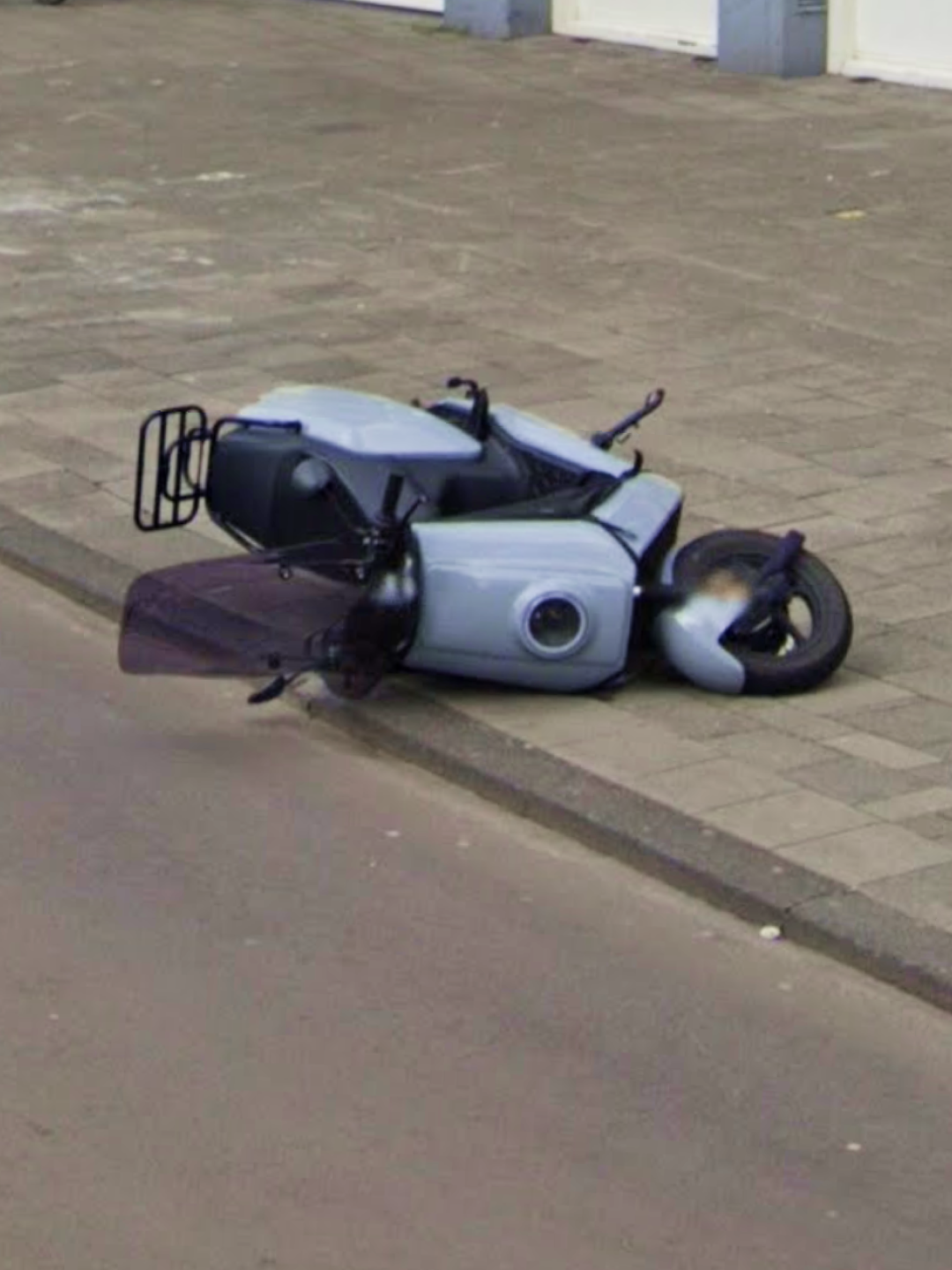









.jpg)


%2520Unseen-campaign-2024-square-forweb.jpeg)
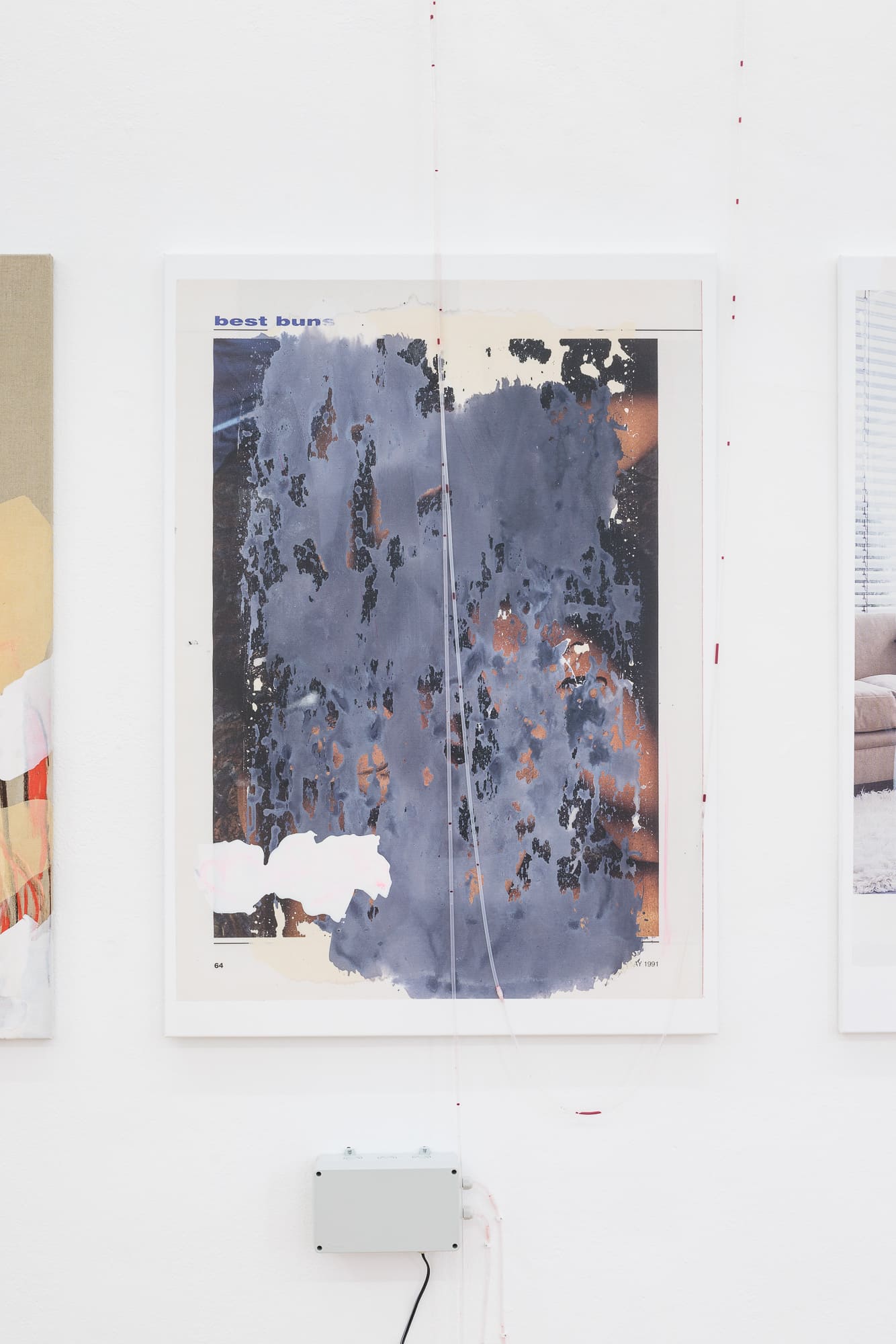

.avif)



.avif)
























.jpeg)





























.jpeg)

















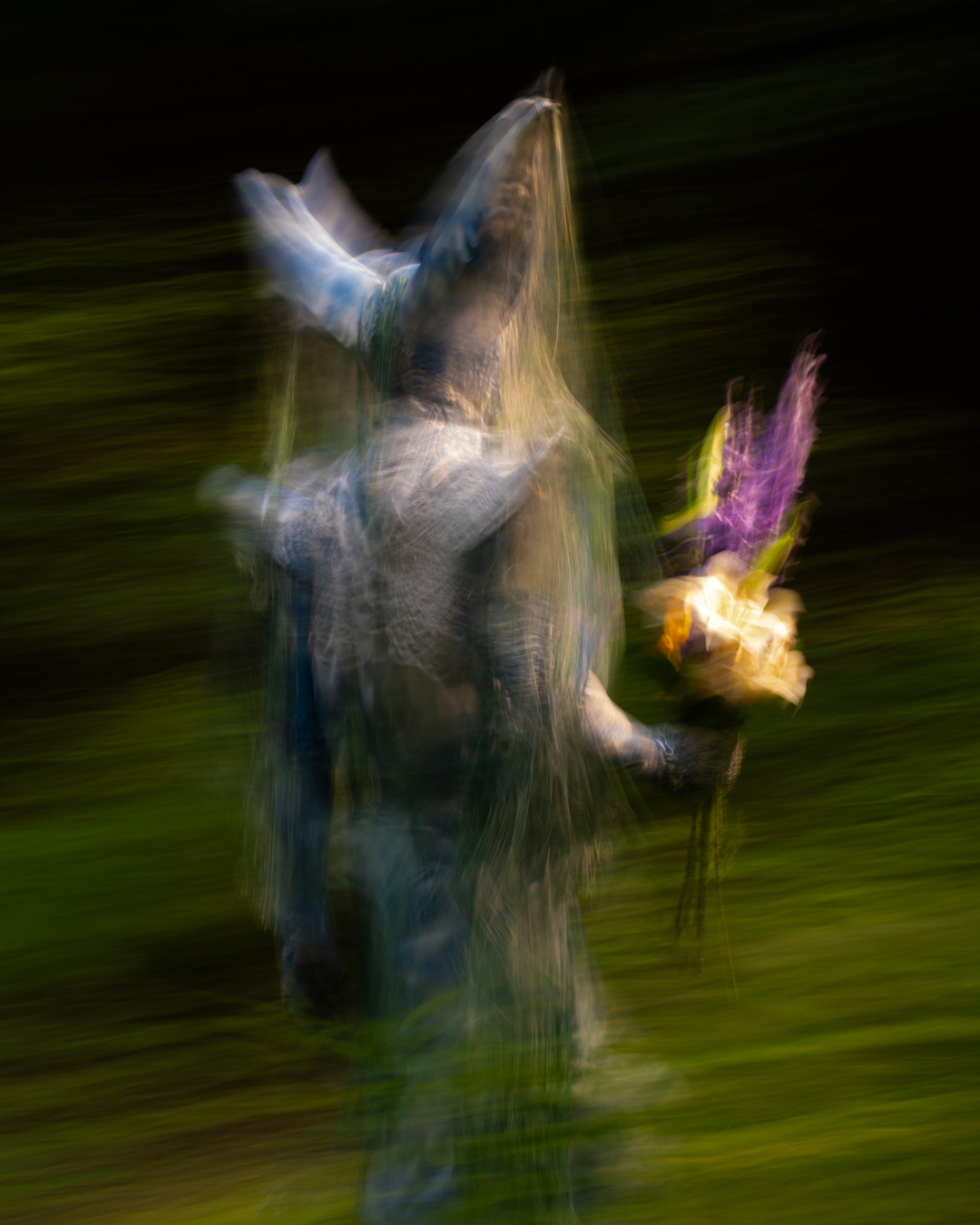
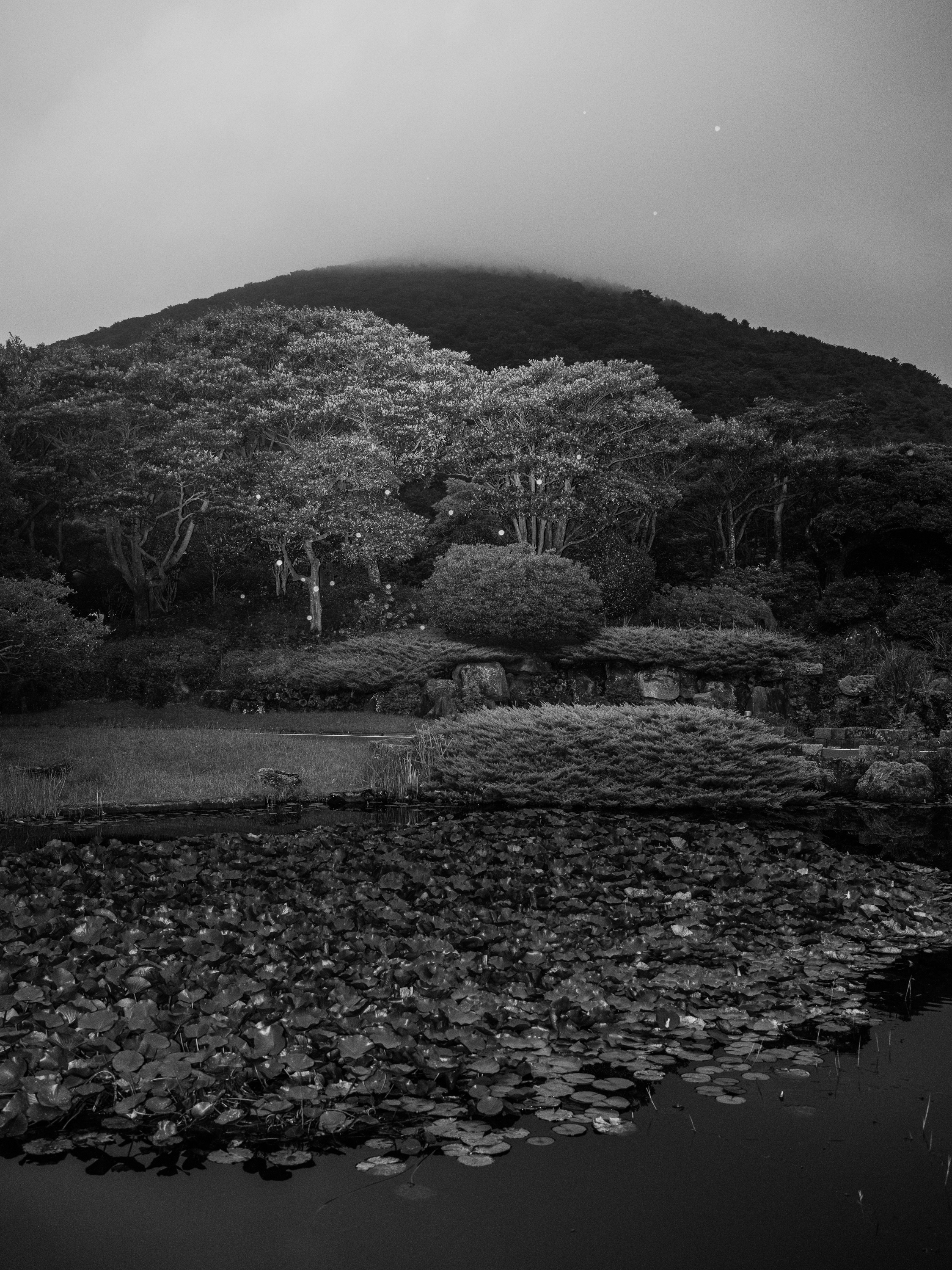




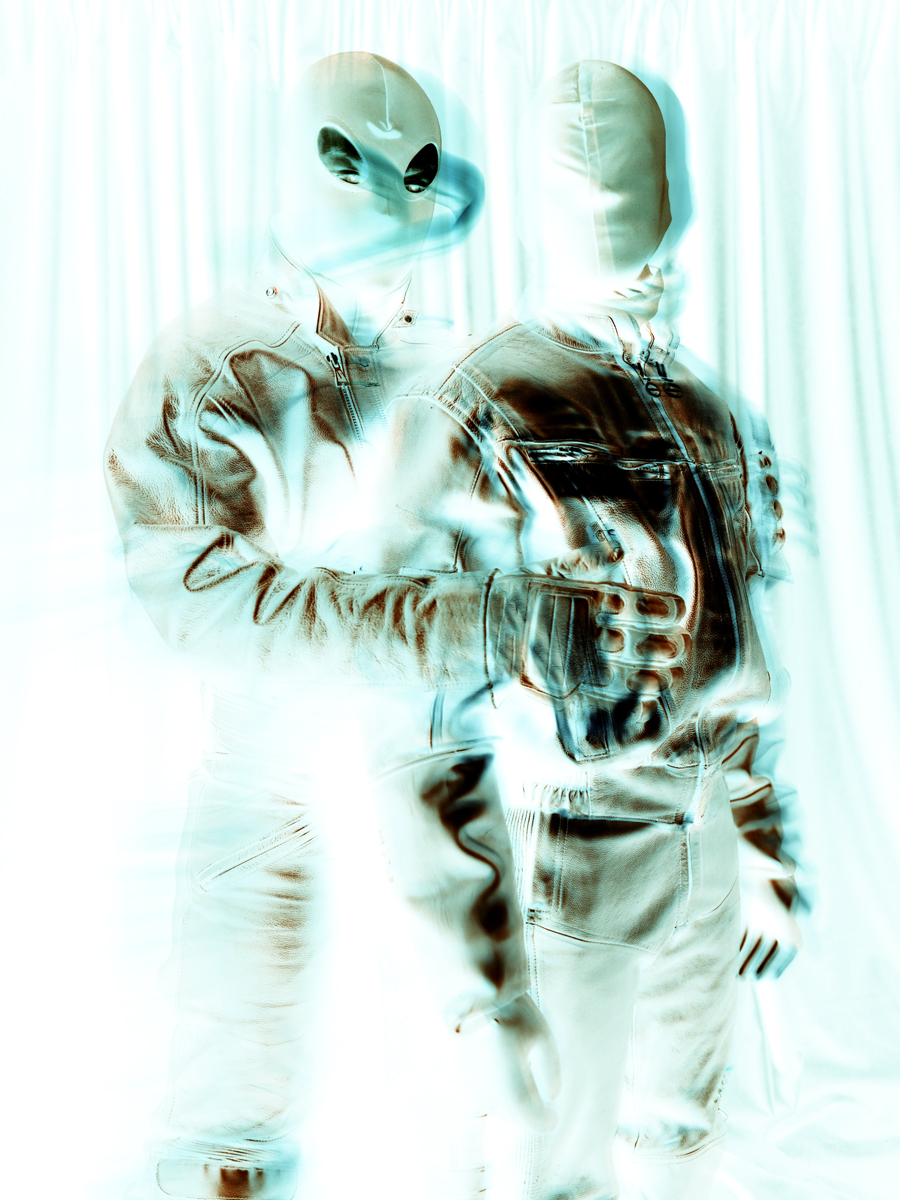




























































%252C%25202015.jpeg)





























